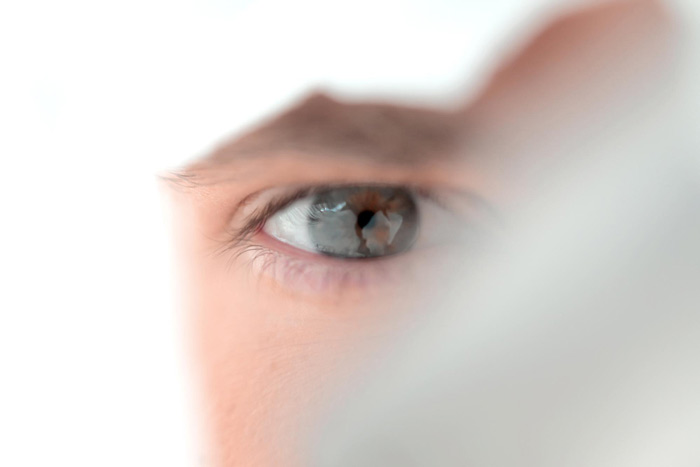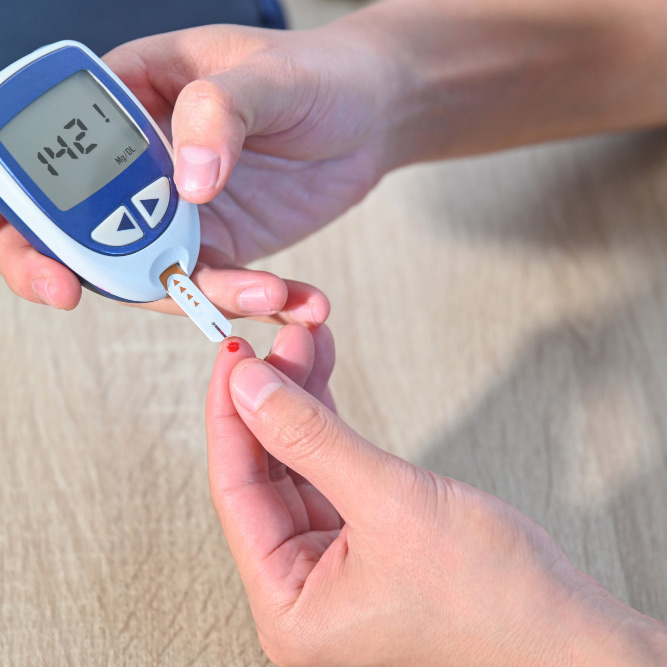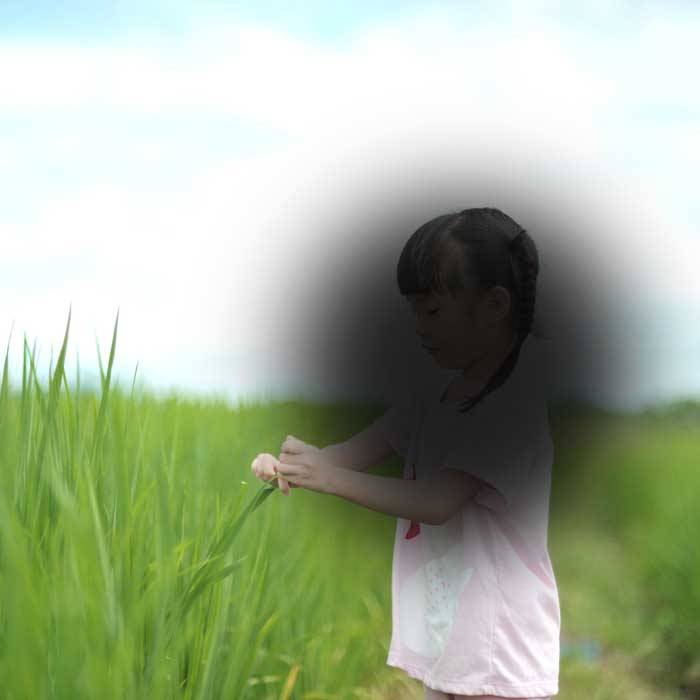What Are Retinal Diseases?
Retinal diseases affect the retina, the light-sensitive tissue at the back of the eye that plays a vital role in vision. Damage to the retina can result in blurred vision, vision loss, or even permanent blindness if not treated promptly. Two of the most common and potentially serious retinal conditions are retinal tears and diabetic retinopathy. Early detection and treatment are critical to preserving vision and preventing complications.

Retinal Tears
A retinal tear occurs when the thin layer of tissue that lines the inside of the eye develops a break or hole. This often happens when the gel-like substance inside the eye, known as the vitreous, pulls away from the retina. If left untreated, a retinal tear can lead to retinal detachment, a sight-threatening condition that requires urgent treatment.
These symptoms may appear suddenly and should be assessed by an ophthalmologist without delay.
Retinal tears can be treated effectively if caught early.
This procedure is typically done in the clinic and do not require hospital admission.

Diabetic Retinopathy
Diabetic retinopathy is a complication of diabetes that damages the small blood vessels in the retina. Over time, high blood sugar levels can cause these vessels to swell, leak, or close off completely. In advanced stages, new abnormal vessels may grow on the surface of the retina, leading to further damage and possible vision loss.
Many patients may not experience symptoms in the early stages, which is why regular eye screenings are essential for individuals with diabetes.
Dr Low uses imaging techniques such as optical coherence tomography (OCT) and fluorescein angiography to examine the retina in detail. These tests help detect early signs of damage and guide treatment decisions.
Treatment depends on the stage and severity of the condition.
Controlling blood sugar, blood pressure, and cholesterol levels plays a key role in slowing the progression of diabetic retinopathy.

Age-Related Macular Degeneration (AMD)
Age-related macular degeneration is a leading cause of vision loss in older adults, affecting the central portion of the retina known as the macula. The macula is responsible for sharp, central vision needed for tasks like reading, driving, and recognising faces. AMD typically affects individuals over the age of 50 and tends to progress gradually, although some forms can lead to sudden vision loss.
AMD is diagnosed through a comprehensive retinal exam using tools such as optical coherence tomography (OCT) and retinal photography. These imaging techniques help detect early changes in the macula and guide treatment planning.
There is currently no cure for AMD, but treatment can help slow its progression and manage symptoms.
Dry AMD is managed with lifestyle changes, including a healthy diet, smoking cessation, and nutritional supplements containing antioxidants and zinc.
Wet AMD is treated with anti-VEGF injections, which help stop the growth of abnormal blood vessels and reduce fluid leakage in the retina.
Early detection and timely intervention are key to preserving central vision in AMD patients. Regular monitoring is recommended for individuals at risk.

Ongoing Management and Follow-Up
Retinal conditions often require long-term monitoring and care. Dr Low provides personalised treatment plans and follow-up schedules to ensure your retina remains stable and your vision is protected. Patients with diabetes or a history of retinal issues should attend regular eye examinations even in the absence of symptoms.

Retinal Care by Dr Low Jin Rong
Why Choose Dr Low Jin Rong?
Book An Appointment With Dr Low
Schedule Your Retinal Evaluation
If you are experiencing sudden changes in vision, have diabetes, or have been diagnosed with a retinal condition, do not delay. Book an appointment with Dr Low at his clinic in Novena to receive a detailed retinal evaluation and explore treatment options that protect your long-term vision.
Quick Reply
Usually within one working day.




